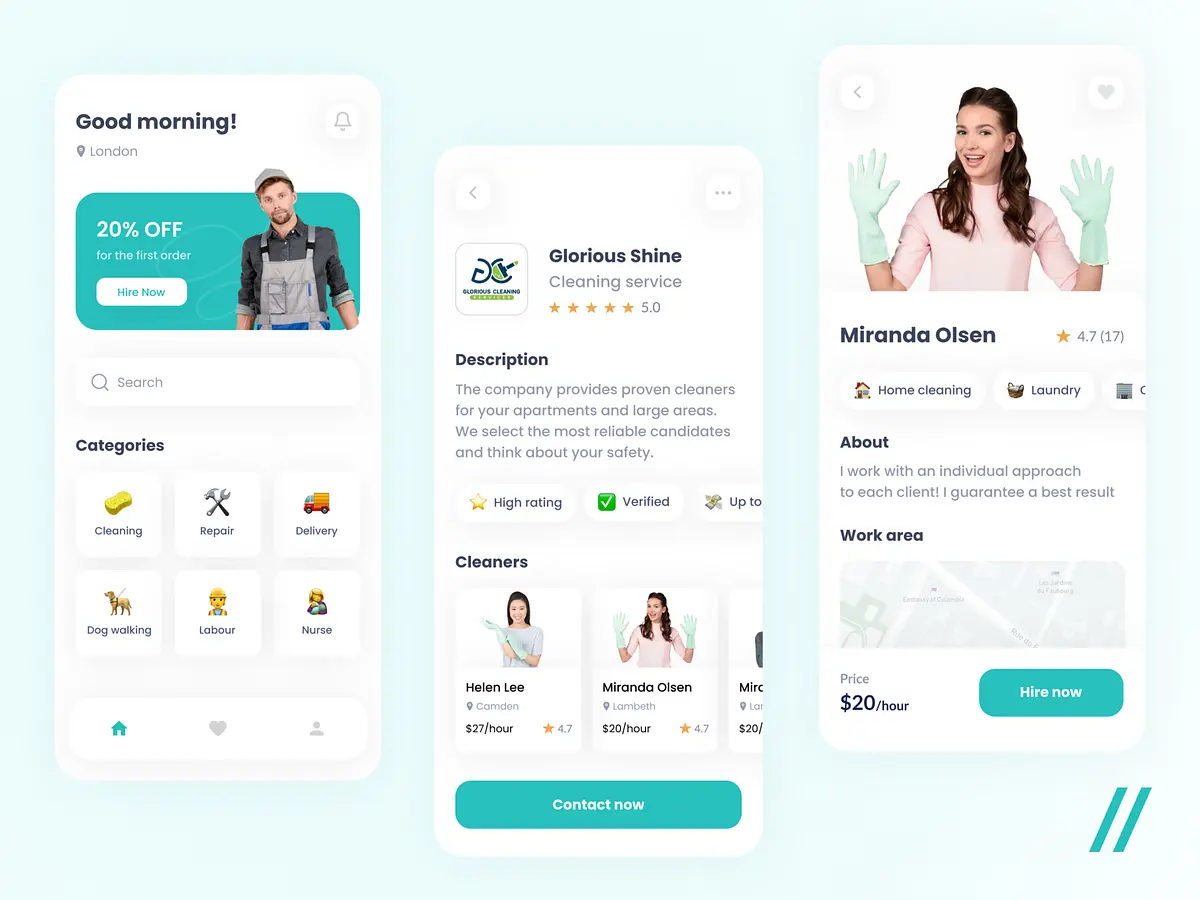What is AWS DevOps? All You Need to Know


Speed, quality, and security are paramount in today’s dynamic software landscape. According to AWS and Strongdm, with a staggering 24 times reduction in deployment failures and three times faster feature delivery, AWS DevOps is the transformative force behind these achievements. This article will explore the core of AWS DevOps, including its basis, services, tools, and best practices.
AWS DevOps is Amazon’s solution for applying the DevOps methodology utilizing its cloud platform and specialized tools and services. It provides capabilities that help organizations automate and streamline their software development and delivery processes.
AWS DevOps is crucial to modern software development because it offers tools and methods that assist enterprises in bettering their software development and delivery processes. The strengths of AWS DevOps can help organizations to:
Learn more:
What is AIOps? Exploring the Power of AIOps in Modern Operations
In DevOps, Continuous Integration (CI), Continuous Delivery (CD), and Infrastructure as Code (IaC) are key practices that help teams develop, integrate, test, deliver, and deploy code more efficiently and reliably.
Continuous Integration or CI is a development practice where software code changes are automatically and frequently merged into a shared repository. This solution helps to ensure that code changes are integrated into the main codebase quickly and reliably.
| Benefits | Challenges |
|
|
Continuous Delivery or CD is a set of practices that automates code changes’ deployment to production. By doing this, it is possible to guarantee that users receive bug fixes and new features efficiently and safely.
| Benefits | Challenges |
|
|
IaC, or infrastructure as code, is the practice of managing and supplying computer infrastructure through code. It enables developers to efficiently automate and replicate the complete IT environment, from servers to networks.
| Benefits | Challenges |
|
|
AWS DevOps Tools and Services help organizations develop software quickly, efficiently, and securely. However, security remains a top concern for organizations. DevSecOps is an appropriate approach that maintains the features of AWS DevOps services while enhancing security throughout the software development lifecycle.
For example, the tools and services above can integrate security into the software development process in various ways. For instance, AWS CodePipeline can automate security checks, AWS CodeBuild can build and run security tests on your code, and AWS CodeDeploy can securely deploy your code on AWS. If your firm doesn’t have an in-house team, or your team doesn’t have enough ability or/and capacity to apply these methodologies, outsourcing DevOps and DevSecOps is also a good idea.
| Use a CI/CD pipeline. | A CI/CD pipeline is like an assembly line for the software system. It automatically builds, tests, and delivers your code, ensuring it works well and gets to users faster. |
| Use infrastructure as code (IaC) | IaC means recording important and repetitive tasks in a format that computers can easily understand and apply to all projects. This practice helps you create and manage computer stuff quickly without mistakes. |
| Monitor and log everything | By doing this solution, businesses can keep a detailed diary of what’s happening. So, if something goes wrong, they can quickly figure out the issue and fix it. |
| Use security best practices. | Using security best practices to protect your applications and data is essential, which includes using strong passwords, encrypting data, and only allowing trusted users access. |
| Automate as much as possible. | Automation is like having a robot assistant. It automates repetitive tasks, which ensures consistency & efficiency and minimizes errors. |
| Outsource AWS DevOps Services | Consider outsourcing AWS DevOps services to expert professionals. Outsourcing can provide access to specialized expertise and resources, allowing your organization to benefit from the best practices and experience of seasoned DevOps teams. |
When you’re ready to explore this opportunity, contact TECHVIFY. We invite you to reach out for a consultation, and if you’re interested in using DevSecOps to strengthen your security, our team stands ready to assist you every step of the way.
By thoroughly understanding the question “What is AWS DevOps,” businesses can leverage its ability to streamline software development with automation, enhancing speed, quality, and security. Critical components like CI/CD and IaC optimize processes. Utilize AWS DevOps services and adhere to best practices for efficient, secure, and automated development, enabling rapid, reliable software delivery.
DevOps are practices that combine software development (Dev) and IT operations (Ops) to speed up the system development life cycle and offer continuous software delivery of the highest quality. DevOps complements Agile software development; several DevOps aspects came from Agile methodology.
AWS DevOps is Amazon’s solution for applying the DevOps technique using its cloud platform, specific tools, and services. Clients can easily integrate AWS services like EC2, S3, and Beanstalk with just a few clicks.
In other words, DevOps is a culture and a set of practices, while AWS DevOps is a platform and a set of tools and services.
An AWS DevOps Engineer is a professional who uses the AWS cloud computing platform and DevOps tools and practices to help organizations develop, deploy, and manage applications and services. They are responsible for streamlining and automating the software development lifecycle, from code development to testing, deployment, and monitoring.


Table of ContentsI. What is AWS DevOps?II. Importance of AWS DevOps in modern software developmentIII. CI, CD and IaC in DevOps1. Continuous Integration (CI)2. Continuous Delivery (CD)3. Infrastructure as Code (IaC)IV. AWS DevOps Tools and ServicesV. AWS DevOps Best Practices Key TakeawayFAQsWhat’s the difference between DevOps and AWS DevOps?What is an AWS DevOps Engineer? Technological advancements are paving new paths for companies across different sectors, and the logistics industry is no exception. According to a survey by Gartner, 87% of supply chain professionals plan to invest in enhancing the resilience of their platforms. Logistics encompasses a broad and complex array of…
26 July, 2024

Table of ContentsI. What is AWS DevOps?II. Importance of AWS DevOps in modern software developmentIII. CI, CD and IaC in DevOps1. Continuous Integration (CI)2. Continuous Delivery (CD)3. Infrastructure as Code (IaC)IV. AWS DevOps Tools and ServicesV. AWS DevOps Best Practices Key TakeawayFAQsWhat’s the difference between DevOps and AWS DevOps?What is an AWS DevOps Engineer? The technology sector is advancing at an unprecedented pace, and the HR landscape is evolving right alongside it. To attract top talent, HR professionals and organizations need to stay ahead of emerging technology hiring trends. This year, we are witnessing significant shifts in hiring practices that will…
25 July, 2024

Table of ContentsI. What is AWS DevOps?II. Importance of AWS DevOps in modern software developmentIII. CI, CD and IaC in DevOps1. Continuous Integration (CI)2. Continuous Delivery (CD)3. Infrastructure as Code (IaC)IV. AWS DevOps Tools and ServicesV. AWS DevOps Best Practices Key TakeawayFAQsWhat’s the difference between DevOps and AWS DevOps?What is an AWS DevOps Engineer? Customized software plays a major role in managing various tasks within the telecom industry. It is essential for allocating numbers to subscribers and managing networks through optimized and AI-enabled routing protocols. Additionally, it aids in detecting fraud with intelligent telecom software development solutions and maintaining detailed subscriber…
24 July, 2024


Thank you for your interest in TECHVIFY Software.
Speed-up your projects with high skilled software engineers and developers.
By clicking the Submit button, I confirm that I have read and agree to our Privacy Policy